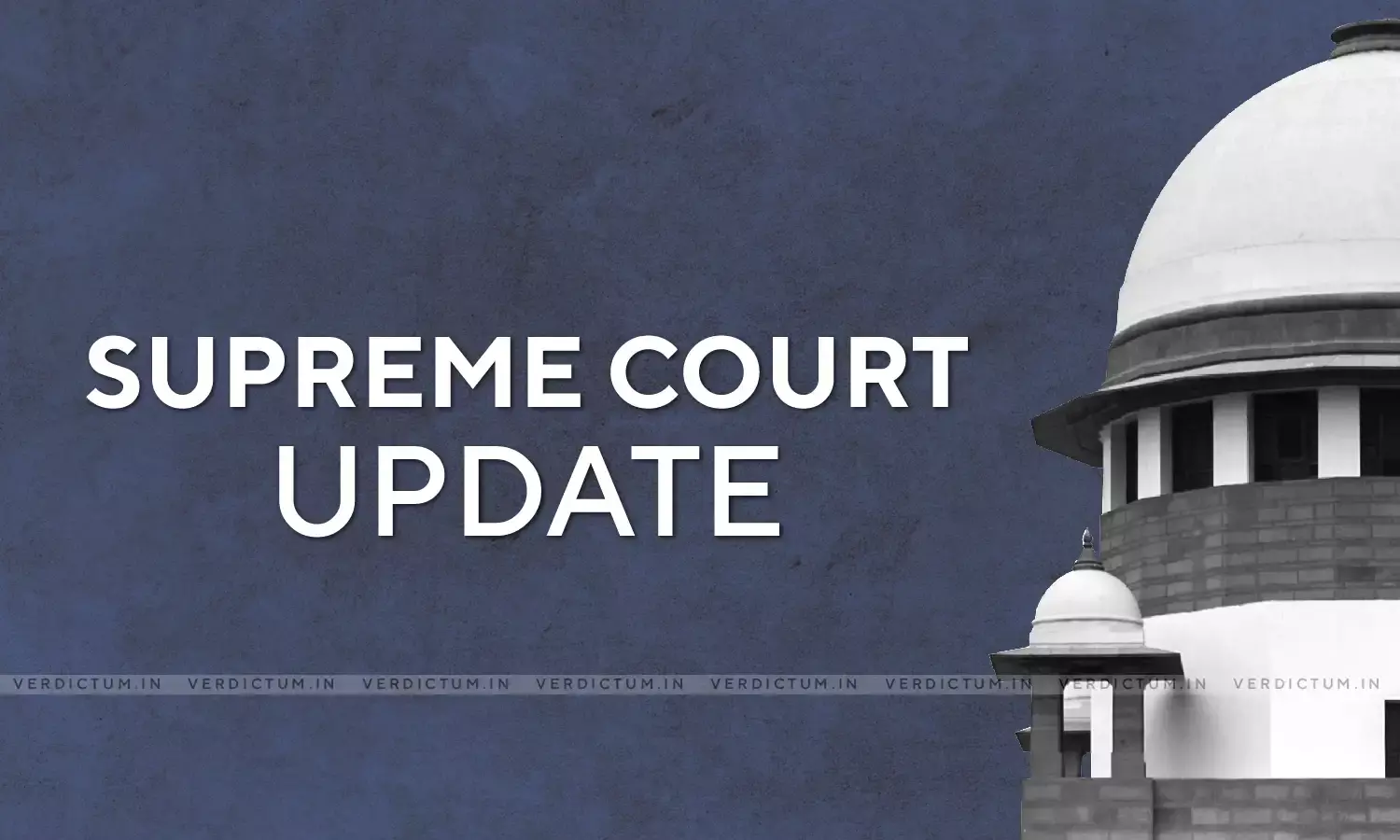Supreme Court To Fix Hearing Of PIL Challenging Import Of Genetically Modified Soya Seeds

The Supreme Court on Wednesday agreed to fix a date for the hearing of a plea challenging the import of genetically modified (GM) soya seeds in the country. The challenge is on the ground that genetically modified soya might have adverse health effects.
The Bench comprising Chief Justice N V Ramana, Justice AS Bopanna and Justice Hima Kohli was considering a plea seeking urgent listing of the interim application in the PIL filed in 2005.
Senior Counsel Prashant Bhushan for the petitioner sought urgent listing of the interim application by informing the Bench that the GM soya seeds are toxic and their import should be banned. The interim application seeks a direction that the GM soya seeds, which have already been imported, should not be sold.
We will see, said the bench to the request made by Bhushan for an early hearing of the plea. Earlier, in 2017, the Court had asked the Centre to apprise it of any adverse impact, based on research, of the commercial release of GM mustard crop.
If the commercial rollout of the GM mustard crop has any adverse impact, then the government would have to take a "well-informed" view before coming out with a policy decision on it, the Court had stated while taking note of Bhushan's submission that the GM seeds might have adverse effects leading diseases like cancer.
The Centre had then said that it had not taken any policy decision on the commercial release of the GM mustard crop and was considering various aspects including the data.
The Supreme Court had on October 17, 2016 extended the stay on the commercial release of the GM mustard crop. A GM crop has a gene artificially inserted into it from other species, even unrelated, to give it some desired properties and such crops are mostly pest-resistant. Unsuccessful efforts have been made to allow the cultivation of GM Brinjal and mustard crops.
With PTI inputs

